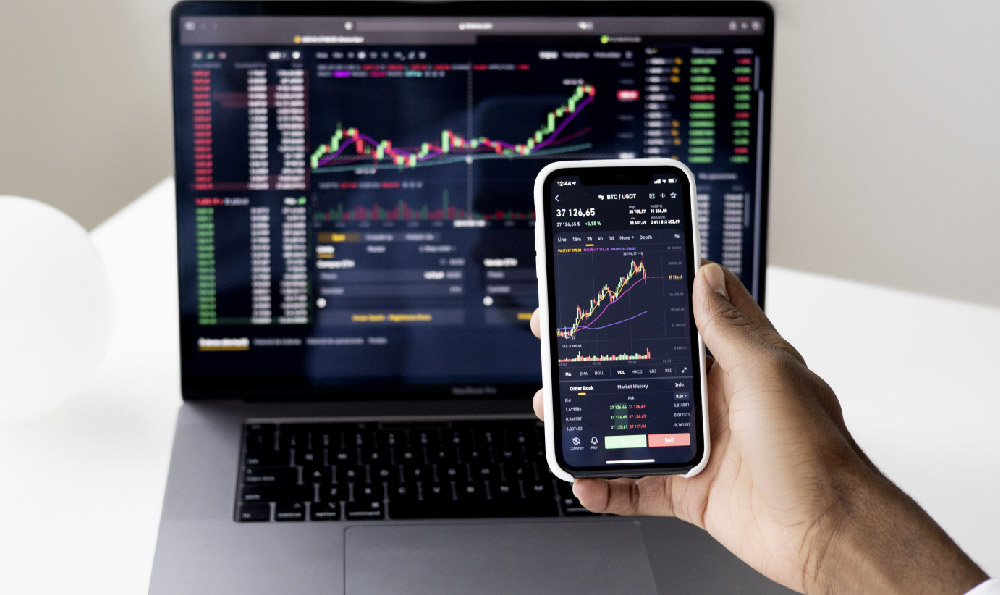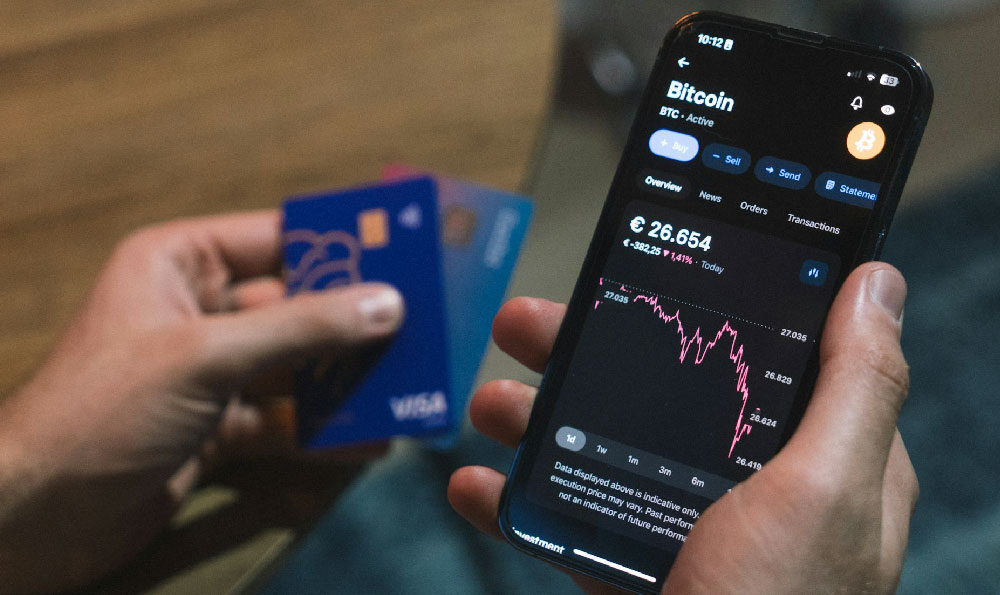
The intrigue surrounding the Vatican's finances and the Pope's personal income is a common point of curiosity. Dispelling any sensationalism or misinformation is key. Contrary to popular assumptions fueled by the historical power and wealth of the Catholic Church, the Pope's financial compensation isn't structured like a typical salary in the secular world. He doesn't receive a paycheck in the way a CEO, a politician, or even a parish priest does. The position of Pope is considered a vocation, a spiritual leadership role, rather than an employment position.
To understand this, it's essential to grasp the distinct financial organization of the Vatican. The Vatican City State, a sovereign entity, has its own budget and revenue streams, separate from the Holy See, which is the central government of the Catholic Church. The Pope presides over both, but he doesn't draw a salary from either. His needs are met, and his expenses covered, by the resources of the Vatican. This includes housing, food, travel, and anything else required for his duties as the head of the Church and the State.
The Vatican's revenue sources are diverse. Donations from Catholics worldwide, through initiatives like Peter's Pence, are a significant component. These donations are intended to support the Pope's charitable activities and the administration of the Holy See. The Vatican also generates income from its investments, real estate holdings (though increasingly scrutinized and managed for ethical considerations), tourism (museums, particularly the Vatican Museums, attract millions of visitors annually), and the sale of stamps, coins, and publications. These funds are meticulously managed to ensure the Church's continued operations and its ability to fulfill its mission of evangelization and service.

So, how is the Pope's well-being assured? The Vatican provides the Pope with lodging in the Apostolic Palace, along with staff to assist him in his daily tasks. He has access to a personal secretary, cooks, drivers, and other necessary personnel. His travel expenses, whether for international trips or domestic engagements, are covered by the Vatican. Even the clothes he wears, which are simple but symbolic of his office, are provided.
However, it's also important to acknowledge the steps that recent Popes, particularly Pope Francis, have taken towards greater financial transparency and austerity within the Vatican. Pope Francis, in particular, has emphasized the need for the Church to be a "poor church for the poor." He has implemented reforms aimed at curbing financial abuses, improving accountability, and ensuring that resources are used efficiently and ethically. He has encouraged Vatican officials to live more modestly and has scrutinized spending on lavish projects. These efforts are intended to align the Church's financial practices with its Gospel message of service to the marginalized.
Furthermore, the Pope's personal lifestyle is far removed from extravagance. He lives simply, foregoing luxuries and emphasizing frugality. He has even been known to make personal donations to charitable causes. His focus is on spiritual leadership and service, not on accumulating personal wealth. This commitment to simplicity sends a powerful message to Catholics worldwide and challenges the perception of the Church as being overly concerned with material possessions.
The narrative surrounding the Pope's finances is often entangled with broader discussions about the Catholic Church's wealth. It's crucial to distinguish between the personal financial arrangements of the Pope, which are geared toward meeting his needs as head of the Church, and the overall financial assets of the Vatican, which are managed to support its global mission.
The Vatican's financial holdings are used to fund its charitable activities, educational institutions, hospitals, and other initiatives that benefit communities around the world. The Church also provides significant humanitarian aid in times of crisis, offering assistance to refugees, victims of natural disasters, and those living in poverty.
In conclusion, the Pope doesn't earn a salary in the conventional sense. His needs are met by the Vatican to enable him to carry out his duties as the head of the Catholic Church. This arrangement underscores the spiritual nature of his office and his commitment to serving the Church and the world. The focus on financial transparency and austerity, particularly under Pope Francis, reinforces the Church's mission of service to the poor and marginalized and promotes responsible stewardship of its resources. Understanding the intricacies of the Vatican's financial structure and the Pope's personal financial arrangements requires a nuanced perspective, moving beyond simplistic notions of wealth and power and recognizing the complex role of the Church in the modern world. The real "wealth" of the Pope lies not in monetary terms, but in the spiritual authority and influence he wields, shaping the lives of millions around the globe.




